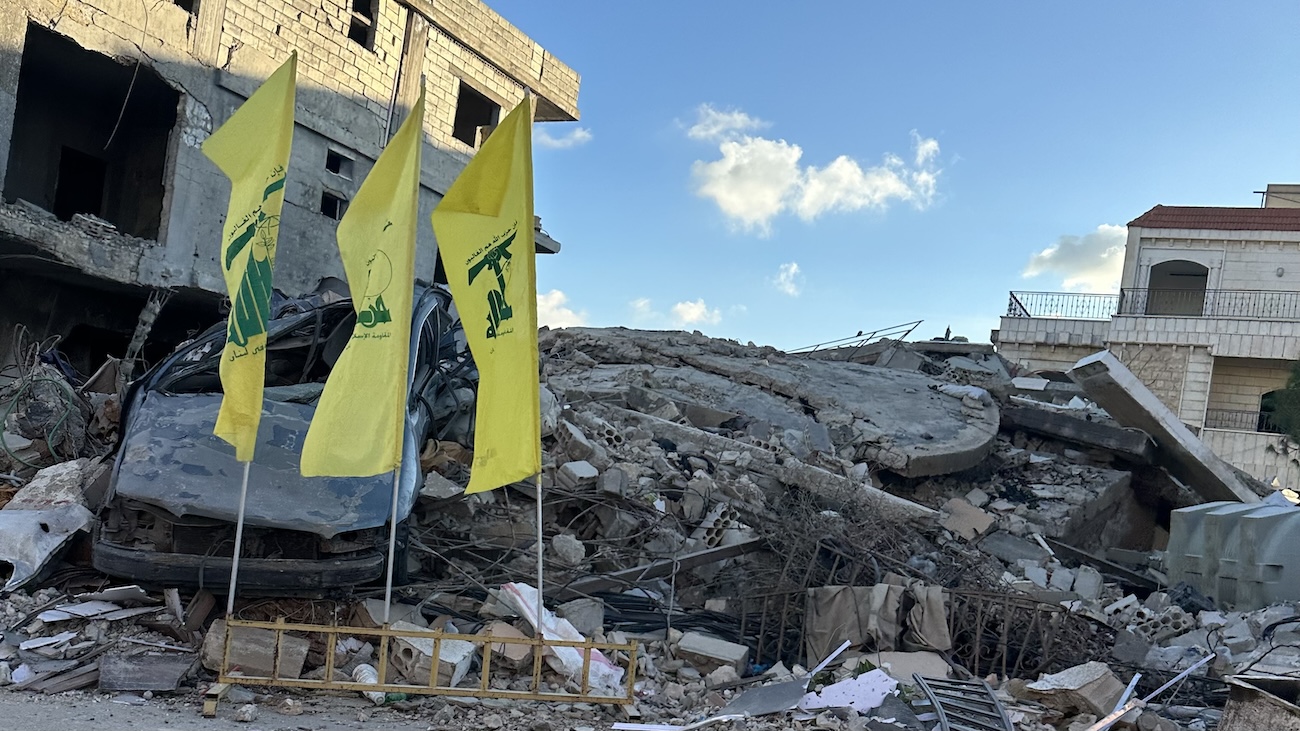The Israeli Occupation Forces (IOF) launched multiple attacks across Lebanon on Thursday, July 3, including airstrikes, gunfire, and a demolition of a house with explosives.
At least one person was killed, and three others were injured after an Israeli drone targeted a civilian car in Khaldeh area, south of the capital Beirut.
Hours later, Israeli warplanes carried out a series of airstrikes on areas along the Litani River, and several towns in southern Lebanon and Western Bekaa, with no casualties reported so far.
In the early hours of Thursday, Israeli troops infiltrated the town of Kfar Kila in southern Lebanon, and blew up the house of Lebanese citizen Abbas Bdeir, according to Lebanon’s state-run news agency NNA.
The IOF also targeted the outskirts of the nearby city of Khiam with machine-gun fire from their position on the Hamames Hill the same day.
Over 3,799 Israeli ceasefire violations across Lebanon in eight months
The large-scale offensive launched on Lebanon on Thursday, is the latest among thousands of violations of the ceasefire deal by Israel since the deal came into effect on November 27, 2024.
The Lebanese authorities announced on Monday, June 30, that Israel has committed a total of 3,799 violations over the last eight months, including ground, airspace, and maritime infringements. These violations resulted in killing over 195 people, and injuring more than 433 others.
Read more: Israel pushes ceasefire in Lebanon towards collapse with two airstrikes on Beirut’s Dahiyeh
US, Israel determined to disarm Hezbollah
The escalation of Israeli attacks on Lebanon comes amid mounting pressure from the Trump administration on the Lebanese government to produce a plan to disarm Hezbollah within two weeks.
“Israel is feeling emboldened because the Resistance Axis is weaker than it was,” Lebanese-American journalist Rania Khalek told Peoples Dispatch.
“Hezbollah is unable to respond to Israeli aggression the way it used to, so they’re testing the boundaries of what they can get away with,” she said. “They’re pushing further and further with the backing of the Americans to try to disarm Hezbollah across the whole country, not just south of the Litani River, but across all of Lebanon.”
Khalek argues that the Israeli airstrikes are an “escalation to force the disarmament of Hezbollah”.
Reports have surfaced in the last couple of days that Lebanese government officials have been drafting a response to the US proposal, which was brought forward by US special envoy to Syria and ambassador to Turkey, Thomas Barrack, during his visit to Lebanon on June 19.
The proposal stipulates a phased plan to disarm Hezbollah in exchange for the withdrawal of Israel from the occupied areas in southern Lebanon. A deadline was set by Barrack for the plan to be completed by November or by the end of the year at the latest.
Ending Israeli assaults on Lebanon, unlocking funds to reconstruct areas devastated by Israel during the war, and establishing a UN-overseen mechanism to secure the release of Hezbollah-linked prisoners held by Israel, were also outlined in the proposal.
Preliminary indicators suggest that the Lebanese government would likely submit to these demands from the US. On Wednesday, July 2, Lebanese Prime Minister Nawaf Salam confirmed during a private meeting at his office in Beirut, that his government is stepping up its efforts “to extend the state’s authority across all the Lebanese territories with its own force, in order to “confine weapons solely to state institutions”.
We will never relinquish our weapons to the Israeli enemy, Sheikh Qassem declares
Defying US disarmament ambitions, Hezbollah Secretary General Sheikh Naim Qassem warned in a speech on Wednesday: “Threats and force will not work with us.”
“We will never accept being dragged into humiliation, nor do we accept surrendering our land, nor do we accept surrendering our weapons to the enemy, Israel,” Sheikh Qassem announced.
The leader of Hezbollah emphasized that Lebanon’s domestic matters should be addressed internally with no interference by external parties, particularly those related to arms, defense, and sovereignty. He also cautioned “Israel to abide by its agreement with the Lebanese state.”

